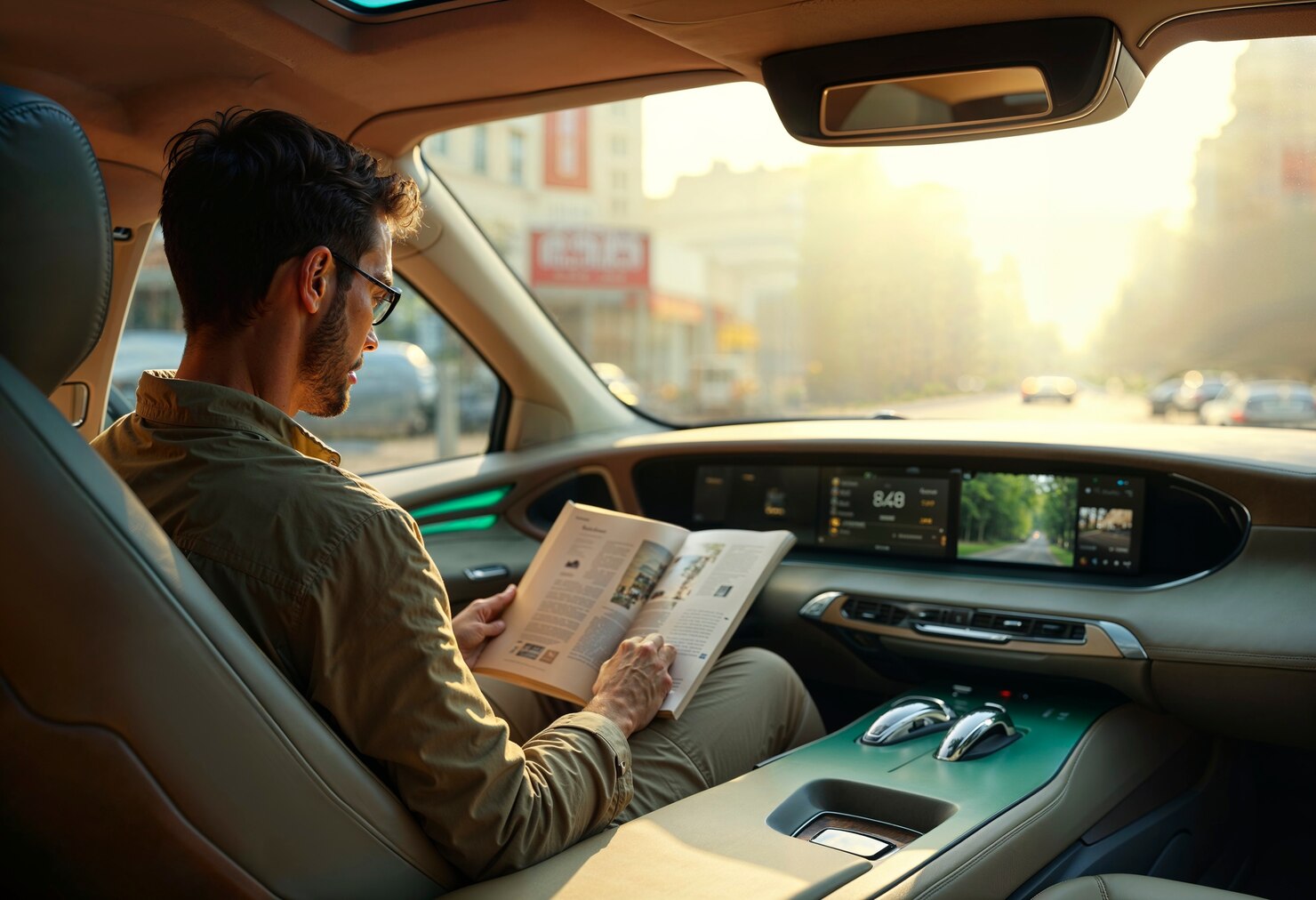
President-elect Donald Trump’s transition team is actively working to establish a robust federal framework to facilitate the integration of self-driving cars onto U.S. roads. According to a report by Bloomberg, the forthcoming Trump administration is engaging with lawmakers to draft a bipartisan legislative measure that will provide clear regulations for autonomous vehicles. This initiative seeks to streamline the process for automakers to deploy self-driving technology, emphasizing the need for solid legislative backing rather than relying solely on departmental regulations.
Despite previous statements on the campaign trail expressing concerns about autonomous vehicles, particularly those from foreign manufacturers, Trump’s position appears to be evolving. Influential advisors, including Elon Musk, who has committed Tesla to a future dominated by autonomous technology, might be swaying his opinion. Musk’s recent showcases of robotaxi prototypes and ambitious plans for Tesla’s self-driving capabilities highlight the technological strides being made.
State vs. Federal Regulations
Currently, the landscape for self-driving car testing and deployment is a patchwork of state regulations, with states like California, Nevada, and Texas leading in individual testing protocols. The National Highway Traffic and Safety Administration (NHTSA) oversees federal guidelines and is responsible for ensuring safety and compliance in testing. Notably, in 2021, the NHTSA mandated that all incidents involving autonomous vehicles be reported, reflecting the agency’s proactive stance on safety.
The Trump administration’s efforts to enact comprehensive legislation on autonomous vehicles are not new. Previous attempts during both Trump’s and Biden’s terms to increase the number of self-driving vehicles manufacturers can deploy under exemptions have faced congressional roadblocks. The proposed bill during Trump’s first term, which passed in the House but stalled in the Senate, along with a failed attempt under Biden to modify liability language, underscore the complexities of legislating this emerging technology.
| Event | Description | Date |
|---|---|---|
| NHTSA Reporting Mandate | NHTSA orders crash reporting for self-driving cars. | 2021 |
| Autonomous Vehicle Framework Initiation | Trump administration begins drafting new legislation. | Nov 2024 |
| Elon Musk’s Robotaxi Showcase | Musk debuts two Tesla robotaxi prototypes. | Oct 2024 |
| House Bill Passes | Bill to expand self-driving car exemptions passes. | Trump’s First Term |
| Senate Stalemate | Senate fails to pass the autonomous vehicle bill. | Trump’s First Term |
The Road to Autonomous Acceptance
The Trump administration’s renewed push to streamline the deployment of autonomous vehicles signifies a pivotal shift towards embracing technological innovation at the federal level. As the U.S. stands on the brink of a transportation revolution, the challenge lies not only in crafting legislation that safeguards public safety but also in fostering a regulatory environment that encourages innovation.
The involvement of key figures like Elon Musk suggests a potential alignment of governmental policies with cutting-edge technological developments. However, the administration must navigate the intricate balance between accelerating technological adoption and addressing legitimate safety and ethical concerns that accompany self-driving vehicles.
This initiative, if successful, could position the U.S. as a leader in autonomous transportation, yet it requires careful consideration of the implications for traffic safety, urban planning, and the automotive industry’s workforce. As the U.S. charts this untraveled road, the decisions made today will set the foundation for the future of autonomous transportation.
Featured image credit: Freepik
Follow us for more breaking news on DMR
